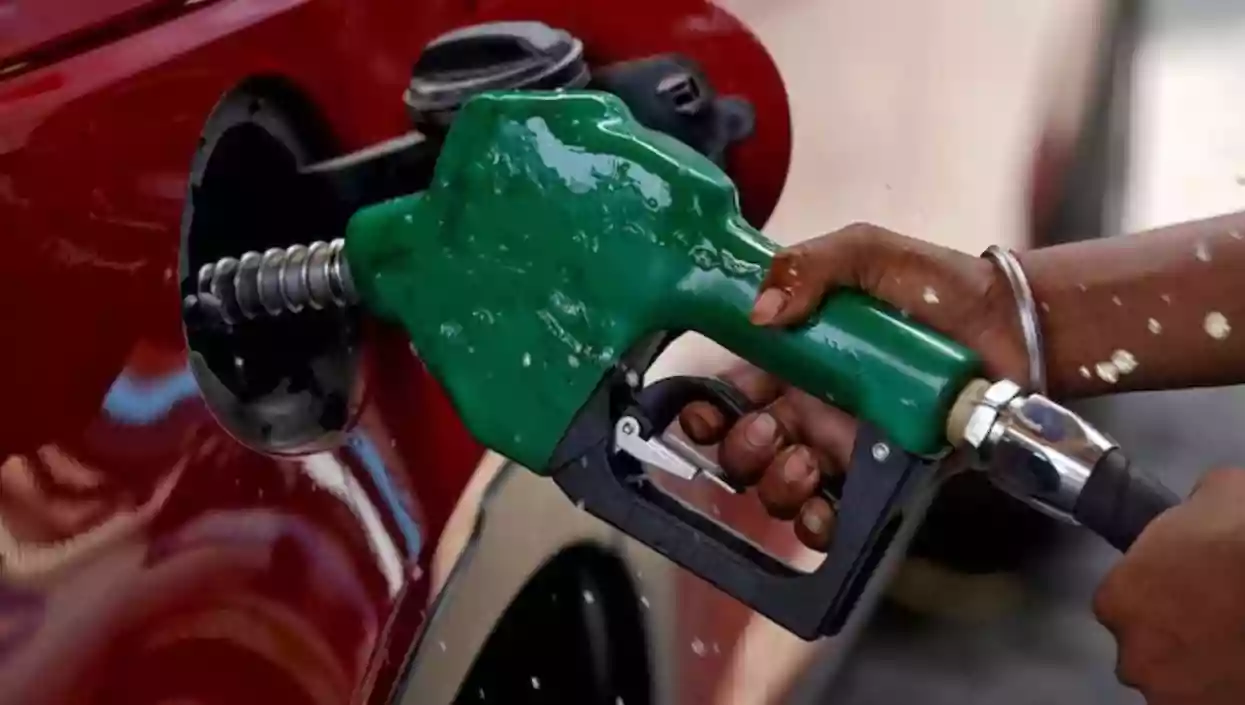.gif)
.gif)

Petrol and diesel prices are set to rise across India after the central government announced a ₹2 per litre increase in excise duty on both fuels. This revision, effective from April 8, 2025, comes as a surprise to many, especially since global crude oil prices are currently declining due to fears of a looming global trade war.
The move is expected to burden already strained household budgets, with the cost of transportation and essential commodities likely to rise in tandem. Consumers are particularly concerned as the timing coincides with an inflationary phase, compounding the impact of rising living expenses.
The Finance Ministry, in its notification, stated that the revised duty structure aims to increase government revenue. However, analysts believe the hike might undo the potential relief consumers could have enjoyed from cheaper international oil prices. Many point out that the price hike contradicts the global oil trend and raises questions about the government’s fiscal priorities.
One of the contributing factors to the international oil market’s current decline is the uncertainty caused by former US President Donald Trump's return to protectionist policies. His administration’s reciprocal tariffs have triggered global trade tensions, weakening oil demand forecasts and pushing prices downward.
This fuel duty hike has also reignited debates around India’s fuel pricing mechanism, which includes multiple layers of taxation. Despite India being a net importer of oil, consumers often don’t benefit proportionally when crude prices drop—primarily due to central and state levies.
As this change takes effect, all eyes will be on how fuel retailers adjust their prices and how state governments respond—some of which may consider offsetting the central hike with VAT reductions. For now, motorists and transport operators are preparing to bear the brunt of the policy shift.